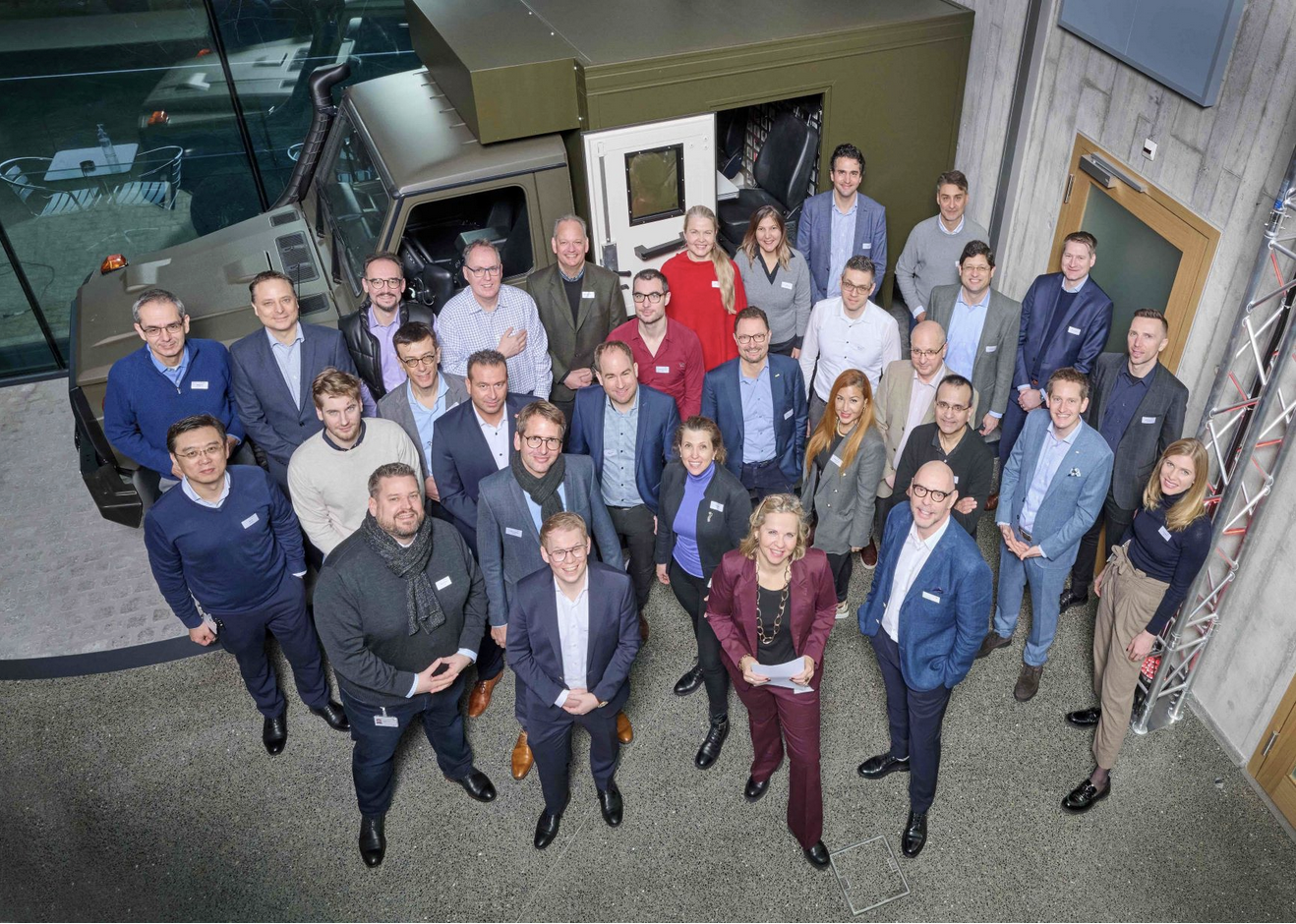The PMI Swiss Corporate Networking Group: 3 Top-Class Meetings in 2023
Author: Martin Härri (PMP, PMI-SP, PMI-ACP, DASSM) 
Whilst the focus of the Chapter is upon project management practitioners, the Swiss Corporate Networking Group (SCNG) brings together experts who are driving project management topics at an organization level, namely: Heads of Corporate PMOs; Portfolio Managers; Project Leads; Academics and others.
Founded in 2010, the SCNG meets 3 times per year for full-day conferences on topics chosen by the members. At these conferences, SCNG members (or subject matter experts from within their organizations), as well as PMI global and Swiss Chapter representatives, totalling approximately 30 participants, attend presentations and engage in knowledge exchange. So, let’s look back on the past year and reflect upon the topics currently trending in Swiss organizations.
Data-Driven / AI Projects (RUAG, January 2023)
By now, 'AI in project management' is all over the place, including PMI, which has launched the AI Resource Center. In January 2023, the topic had not yet surfaced, so it seems that we were ahead of time.
The first meeting of the year was hosted by RUAG, the Swiss defense company, in Thun (see photo). The participants were welcomed by the CEO, followed by an enjoyable and very interesting PwC presetation, provocatively titled "The failure of Artificial Intelligence in project management", which focused on 'Tech hype topics' which had failed to prove commercial value. Other presentations focused on how consistency of data quality helped Holcim to significantly improve project estimations; how the Program Lead of one of Procter & Gamble’s largest programs manages the tasks of project teams exceeding 2000 members; and how IBM uses AI to assess the health of projects in their portfolio.

Meeting in January 2023 at RUAG, with the CEO Brigitte Beck
Organizational Transformation (Holcim, June 2023)
Mid-year, the SCNG met in Holderbank, the location of the headquarters of a global building materials company, Holcim. The first presentation was a mind-blowing example of radical organizational transformation. The main product of Holcim is cement, accounting for ~8% of the global CO2 emissions. Now consider that Holcim’s goal is to be carbon-neutral by 2050! What an incredible challenge!
Another presentation conducted by PostFinance, discussed how the different project roles within the company had changed when the company moved to a large-scale Agile approach. As the final presentation, we even had Tahirou Assane, Director of Brightline at PMI, presenting virtually from Canada on PMI's Organization Transformation Initiative.
Linking Projects with Strategy (OM Pharma, October 2023)
The final meeting of the year took place in Geneva at OM Pharma. 3 companies, Skyguide, SIX and Nestlé, presented their approaches on the topic: "Linking Projects with Strategy". Following those presentations, a very high-ranking guest (having travelled from Paris to present), Lenka Pincot (PMI’s Chief of Staff to the CEO), shared the latest PMI Thought Leadership updates, including how the organization adapts its strategy according to emergent trends.
The SCNG is a unique organization within the PMI world. As far as we know, no other chapter worldwide has anything similar. And the success story continues... with the team already planning the next meeting on the topic of Portfolio Management, taking place in February 2024 at PostFinance in Bern.


